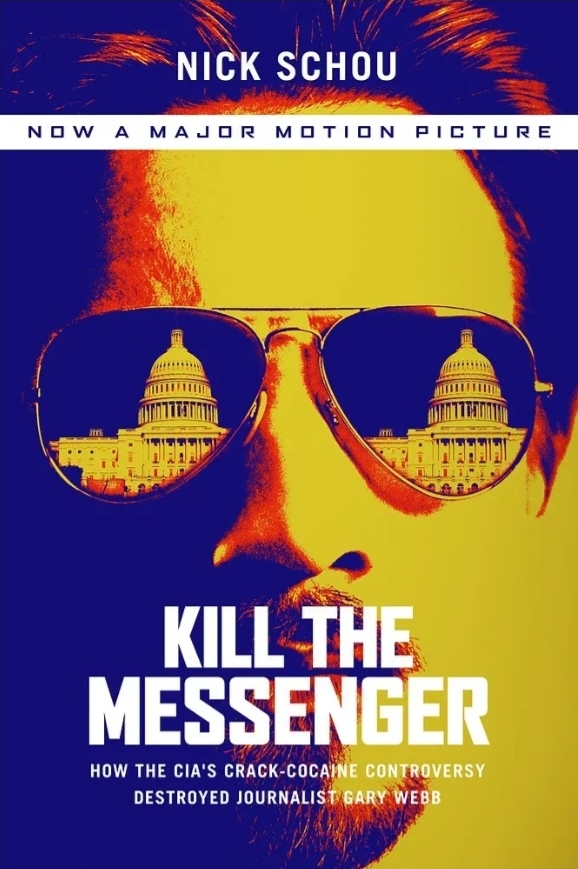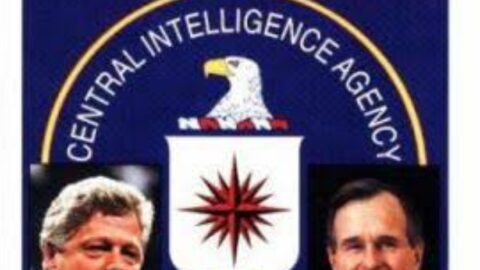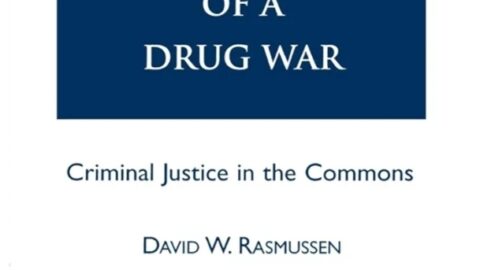(Watch the movie)
Nick Schou’s Kill the Messenger: How the CIA’s Crack-Cocaine Controversy Destroyed Journalist Gary Webb (2006) is a detailed exploration of the life and tragic fate of investigative journalist Gary Webb, whose groundbreaking reporting in the 1990s exposed links between the CIA, drug trafficking, and the rise of the crack cocaine epidemic in the United States. Schou’s book sheds light on Webb’s work, the fallout from his reporting, and how powerful forces worked to discredit him, ultimately leading to his downfall.
Gary Webb and the “Dark Alliance” Series:
- At the center of the book is Gary Webb, a journalist for the San Jose Mercury News, who in 1996 published the explosive “Dark Alliance” series. This investigation claimed that the CIA, through its support of the Nicaraguan Contra rebels, had indirectly facilitated the flow of cocaine into the U.S. by protecting Contra-linked drug traffickers.
- The series alleged that Ricky Ross, a key drug dealer, had been supplied with large quantities of cocaine by figures linked to the Contras, which helped fuel the crack cocaine epidemic that devastated African American communities in the 1980s.
- Webb’s reporting suggested that the U.S. government turned a blind eye to the drug trade because of its geopolitical interests in funding the Contras, a rebel group fighting the leftist Sandinista government in Nicaragua.
The Impact of “Dark Alliance”:
- The “Dark Alliance” series caused a national outcry, especially in African American communities, where many saw Webb’s findings as confirmation of their long-held suspicions that the government had played a role in the crack epidemic.
- Webb’s articles sparked outrage, protests, and calls for investigations into the allegations. The series drew significant attention to the devastating impact of crack cocaine in inner cities, particularly in Los Angeles.
The Media Backlash:
- In the months following the publication of “Dark Alliance,” Webb faced intense criticism from major media outlets, including The New York Times, The Washington Post, and The Los Angeles Times, all of which questioned the accuracy and methodology of his reporting.
- Schou argues that this media backlash was part of a coordinated effort to discredit Webb, with some major newspapers allegedly acting as gatekeepers for the CIA. The book explores how these publications attacked Webb’s work while failing to investigate the core of his claims.
CIA Involvement and U.S. Government Complicity:
- Schou’s book delves into the historical background of the CIA’s involvement in Central America during the Cold War, particularly its support for the Contras, who were fighting the socialist Sandinista government in Nicaragua.
- The CIA, according to Schou, was aware that some of its Contra allies were involved in drug trafficking but chose not to intervene, as long as the drug money was helping fund the Contra war effort. This led to a situation where drug traffickers, some of whom had ties to the Contras, were able to operate with impunity in the U.S.
Webb’s Professional and Personal Decline:
- After the media backlash and his own newspaper’s failure to support him, Webb was effectively marginalized in the journalism community. He was demoted, his reputation was tarnished, and he eventually resigned from the San Jose Mercury News.
- Schou explores the toll this professional ostracization took on Webb’s personal life. He struggled with depression, financial difficulties, and the sense that his career had been destroyed despite the legitimacy of many of his findings.
The Aftermath of Webb’s Reporting:
- Although Webb’s reputation was severely damaged by the backlash, Schou highlights how subsequent investigations, including one by the CIA Inspector General, confirmed some of Webb’s key findings. These reports revealed that the CIA had indeed turned a blind eye to Contra-related drug trafficking and that elements of Webb’s reporting were correct, even if some details were contested.
- Despite these vindications, Webb never recovered his standing in journalism, and his personal and professional struggles culminated in his suicide in 2004.
Media Ethics and Accountability:
- Schou critiques the role of the media in suppressing or undermining significant stories that challenge powerful institutions like the CIA. He argues that the mainstream media’s focus on discrediting Webb’s story, rather than investigating the serious allegations he raised, demonstrates how media outlets can act as protectors of the status quo.
- The book raises important questions about journalistic integrity and the ethics of reporting on sensitive subjects like government corruption and complicity in illegal activities. Schou suggests that Webb’s treatment was a warning to other journalists about the dangers of taking on powerful institutions.
The Legacy of Gary Webb:
- Schou’s book is, in part, an effort to restore Gary Webb’s legacy as an investigative journalist who exposed uncomfortable truths about the government’s role in the drug trade, even if his reporting was not without flaws.
- Webb’s work on “Dark Alliance” has since been recognized as prescient, with many viewing him as a whistleblower who was punished for daring to uncover the darker side of U.S. foreign policy and its impact on American citizens.
Nick Schou’s Kill the Messenger offers a thorough examination of Gary Webb’s rise and fall, focusing on how his pursuit of truth led to his professional and personal destruction. By placing Webb’s story within the broader context of the War on Drugs, CIA covert operations, and media accountability, Schou provides a scathing critique of both government secrecy and the media’s role in maintaining the status quo. Ultimately, the book serves as a powerful tribute to Webb’s courage and a reminder of the high cost that comes with challenging powerful interests in the pursuit of truth.







